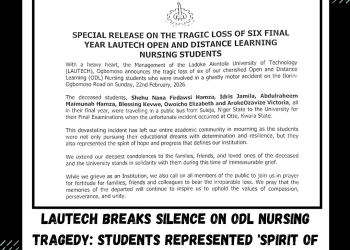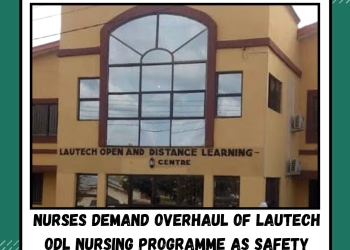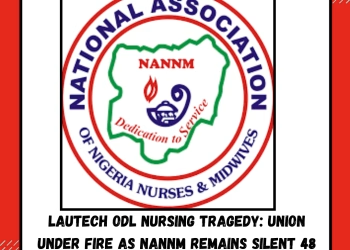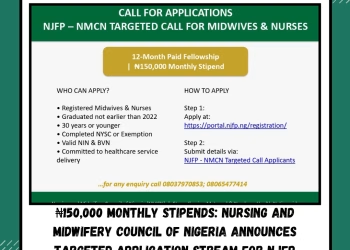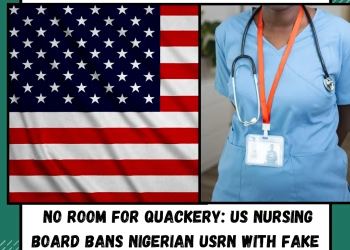Fellow Nurses Africa, Lagos Nigeria. 08 August.
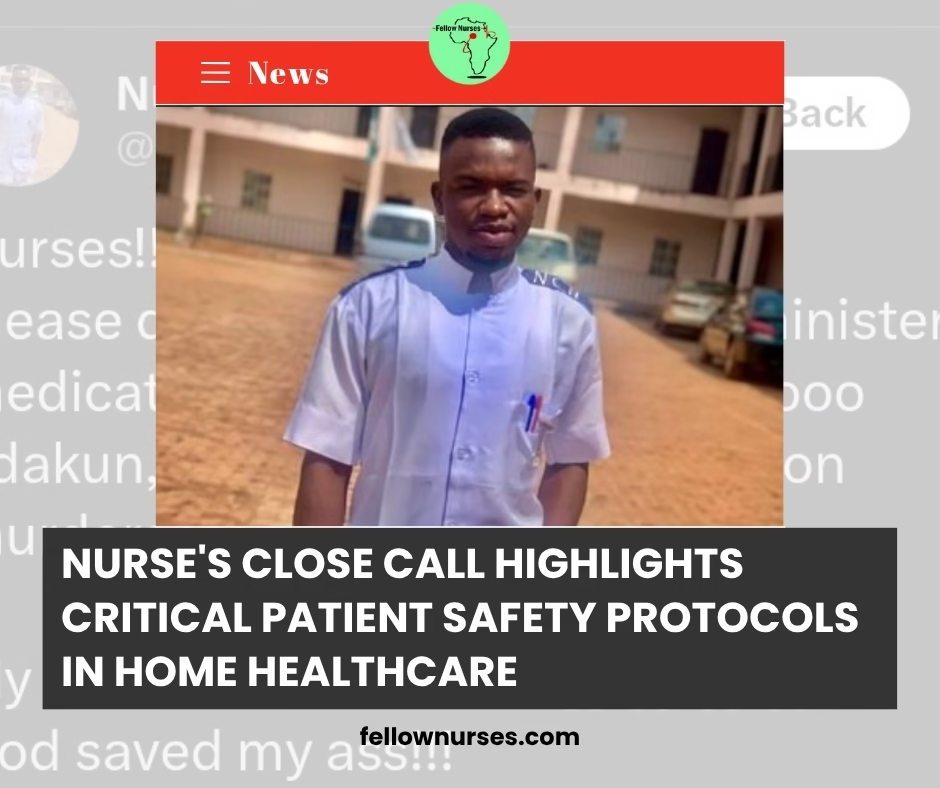
Viral social media post underscores importance of medication verification and patient assessment procedures
A nurse’s recent social media post describing a potentially dangerous medication error has sparked widespread discussion about patient safety protocols in home healthcare settings. The incident, which has garnered significant online attention, serves as a stark reminder of the critical importance of proper patient assessment before medication administration.
According to the post by the registered nurse, the healthcare worker arrived at a patient’s home to provide routine care, only to discover the patient was already deceased. The nurse described the experience as deeply traumatic, expressing gratitude for following proper protocols that prevented what could have been a serious breach of care standards.
The Growing Challenge of Home Healthcare Safety
This incident highlights several critical issues facing the healthcare industry:
Communication Gaps: The case underscores potential communication breakdowns between healthcare facilities, home care agencies, and families during patient transitions or emergencies.
Protocol Adherence: Healthcare professionals working in home settings often operate with less immediate supervision than hospital-based colleagues, making strict adherence to safety protocols even more crucial.
Mental Health Impact: The psychological toll on healthcare workers who encounter unexpected situations like this can be significant, pointing to the need for robust support systems.
The Five Rights of Drug Administration
This incident perfectly illustrates why healthcare professionals are trained to follow the “Five Rights of Drug Administration” – a fundamental safety framework that could prevent medication errors and, in extreme cases like this, administering drugs to deceased patients (kindly note that we have more than 5 rights but these have been highlighted for the context of this incidence):
- Right Patient: Verify patient identity through multiple methods (ID bands, verbal confirmation, family verification)
- Right Drug: Ensure the correct medication is being administered
- Right Dose: Confirm the appropriate dosage for the specific patient
- Right Route: Verify the correct method of administration (oral, IV, injection, etc.)
- Right Time: Ensure medications are given at the prescribed intervals
Some healthcare institutions have expanded this to include additional rights:
- Right Documentation: Proper recording of all medications given
- Right Reason: Understanding why the medication is prescribed
- Right Response: Monitoring patient response to medications
Industry Response and Best Practices
Healthcare safety experts emphasize that this incident, while traumatic, demonstrates the effectiveness of proper training and protocol adherence. The nurse’s adherence to basic assessment protocols – likely including the first “right” of patient verification – prevented a potentially catastrophic situation. Key safety measures include:
- Comprehensive Patient Assessment: Following the Five Rights framework before any medication administration
- Patient Verification: Always confirming patient identity, responsiveness, and vital status before beginning any care procedures
- Communication Protocols: Maintaining clear lines of communication between all care providers and family members
- Assessment Before Action: Conducting thorough patient assessments, including basic vital signs, before administering any treatments or medications
- Documentation Standards: Proper record-keeping to track patient status and care transitions
Educational Implications
The viral nature of this post has created an unexpected teaching moment for healthcare professionals and students. Medical educators note that such real-world examples, while difficult, provide valuable learning opportunities about:
- The Five Rights in Practice: How systematic adherence to medication administration protocols can prevent serious errors
- The importance of remaining calm in unexpected situations
- Following established protocols even when they seem routine
- The emotional resilience required in healthcare professions
- The critical nature of patient safety measures
- Medication Safety Culture: Building environments where safety checks are valued over speed or convenience
Moving Forward
While the specific circumstances of this case remain limited to the social media account, it serves as a powerful reminder that healthcare safety protocols – particularly the Five Rights of Drug Administration – exist for crucial reasons. The incident has prompted discussions about:
- Reinforcing the Five Rights framework in all healthcare settings
- Improving communication systems between care facilities and home health providers
- Enhancing training programs to emphasize patient assessment before medication administration
- Providing better support for healthcare workers in challenging situations
- Developing technology solutions to support medication safety verification in home settings
Healthcare organizations are encouraged to use this as a case study for reinforcing the importance of the Five Rights protocol and supporting staff mental health in the aftermath of traumatic experiences. The nurse’s instinctive adherence to basic patient assessment – the foundation of safe medication practice – likely prevented what could have been an additional tragedy in an already difficult situation.
This article is based on publicly available social media content and serves educational purposes regarding healthcare safety protocols.
Fellow Nurses Africa is the independent voice of African nurses. We educate, inform and support the nursing profession

